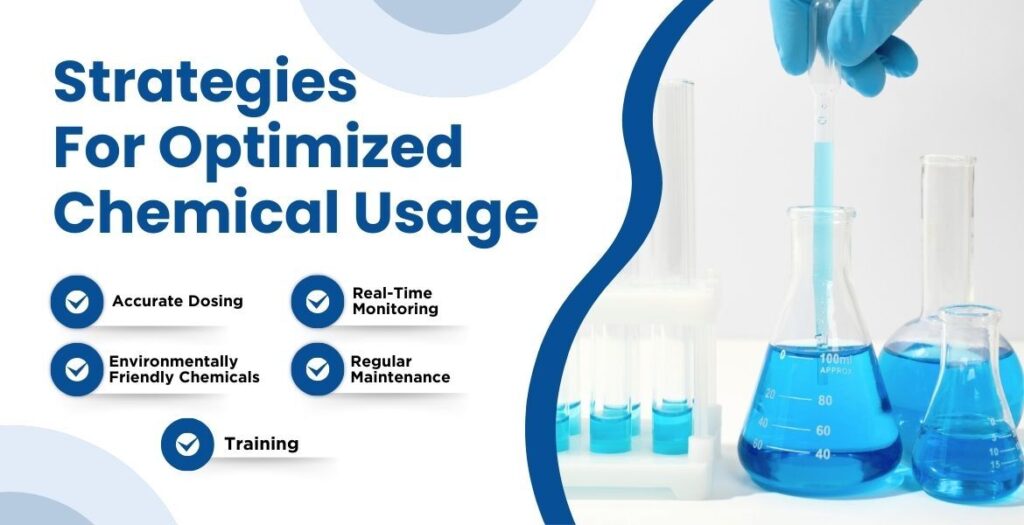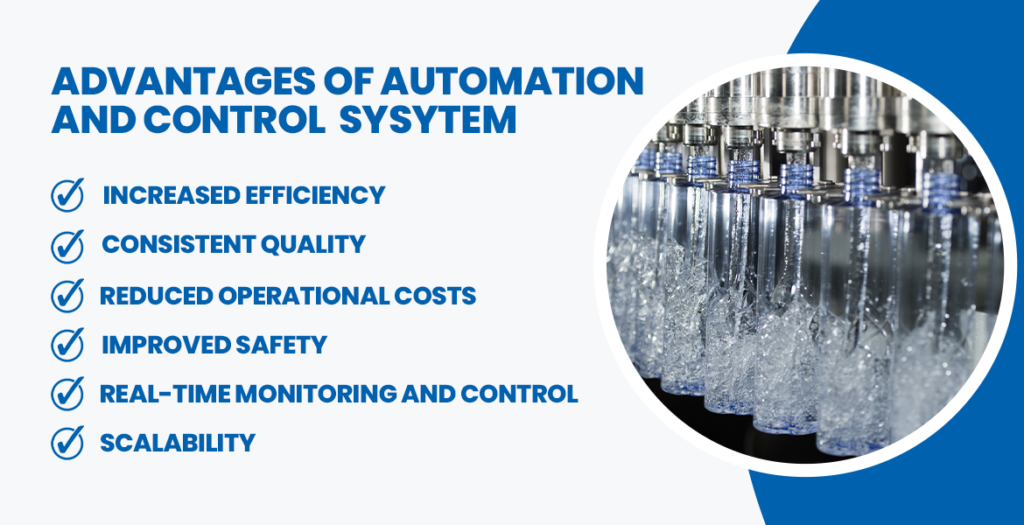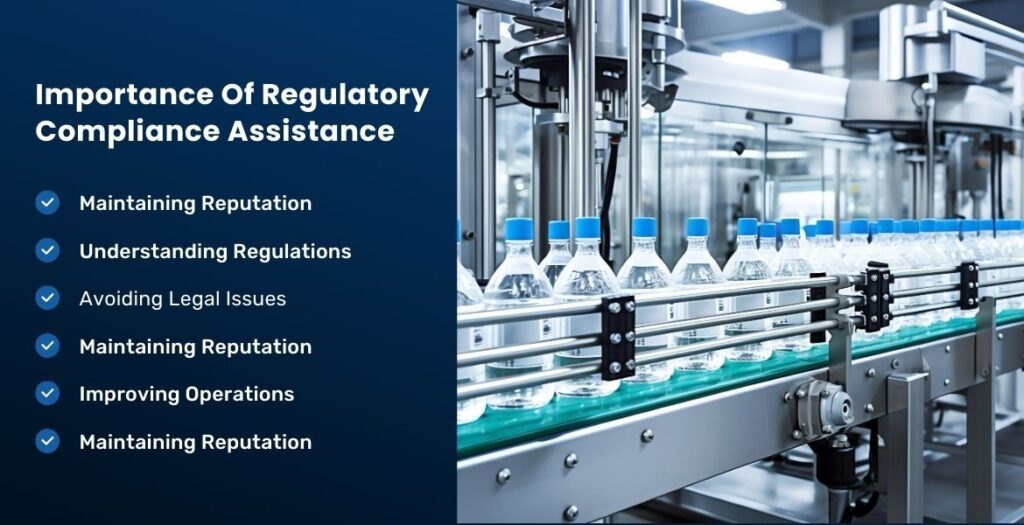
Cost-Effective Solutions in Mineral Water Treatment Plants for Startups
In the rapidly evolving world of startups, one sector that has seen significant growth is the mineral water treatment plants for startups industry. With an increasing focus on health and hygiene, the demand for pure and safe drinking water is higher than ever. However, setting up mineral water involves considerable investment and operational costs.
This blog post aims to guide in the mineral water treatment plants for startups towards cost-effective solutions without compromising the quality of the treated water. We will delve into various aspects such as equipment selection and optimization, efficient chemical usage, the role of automation and control systems, the importance of training and knowledge transfer, regulatory compliance assistance, and the utilization of monitoring and optimization tools.
Each of these factors plays a crucial role in determining the cost-effectiveness and success of mineral water. So, whether you’re planning to start a mineral water treatment plant or looking to optimize your existing operations, this blog post will provide valuable insights to help you achieve your goals.
Importance of Cost-Effectiveness in the Mineral Water Treatment Plants for Startups
In today’s competitive market, achieving cost-effectiveness is a crucial factor for the success of any business, and the mineral water treatment plants for startups is no exception. The importance of cost-effectiveness in this industry cannot be overstated, as it directly impacts the profitability and sustainability of a mineral water industry.
The mineral water treatment plants for startups involves several processes, including filtration, disinfection, and packaging, each of which incurs costs. These costs can be substantial, especially for startups that are just entering the industry. Therefore, finding cost-effective solutions is vital to ensure the financial viability of a mineral water industry.
Cost-effectiveness does not mean compromising the quality of the treated water. On the contrary, it involves optimizing operations and making smart choices that lead to savings without affecting the quality of the end product. This balance between cost and quality is what makes cost-effectiveness a key factor in the success of a mineral water treatment plant.
Equipment Selection and Optimization
One of the key aspects of achieving cost-effectiveness in mineral water is the selection and optimization of equipment. The right equipment can significantly reduce operational costs, increase efficiency, and ensure the production of high-quality mineral water.
Select Cost-Effective Equipment Without Compromising Quality
When it comes to equipment selection, the goal is to find cost-effective solutions that do not compromise quality. This might seem like a challenging task, especially considering the wide range of equipment available in the market. However, with careful planning and consideration, it is possible to make smart choices that align with your budget and quality requirements.
Firstly, it’s important to understand that cost-effective does not necessarily mean cheap. Instead, it refers to equipment that offers the best value for money. This means considering factors such as the equipment’s efficiency, durability, ease of maintenance, and the quality of water it can produce.
For instance, a high-quality filtration system might have a higher upfront cost, but its superior efficiency and longer lifespan could result in lower long-term costs. Similarly, energy-efficient equipment, while possibly more expensive initially, can lead to significant savings in energy costs over time.
Another aspect to consider is the scalability of the equipment. As your business grows, your equipment should be able to keep up with the increased demand. Therefore, investing in scalable equipment might be more cost-effective in the long run.
Lastly, it’s crucial to remember that the quality of the mineral water is paramount. No amount of cost savings can justify compromising the quality of the end product. Therefore, while selecting cost-effective equipment, ensure that it meets all the necessary quality standards and regulations.
Optimized Chemical Usage
Chemicals play a vital role in the mineral water treatment process. They are used for various purposes such as coagulation, flocculation, disinfection, and pH adjustment. However, the cost of chemicals can significantly impact the overall operational cost of a mineral water treatment plants for startups. Therefore, optimizing chemical usage is an essential strategy for cost-effectiveness.
Strategies for Efficient Chemical Dosing and Usage in Mineral Water Treatment Plants for Startups

Efficient chemical dosing and usage can lead to substantial cost savings without compromising the quality of the treated water. Here are some strategies to achieve this:
- Accurate Dosing: Overdosing can lead to unnecessary chemical wastage and increased costs while underdosing can compromise the quality of the treated water. Therefore, it’s crucial to accurately calculate the required dose of each chemical based on the quality and quantity of the raw water.
- Real-Time Monitoring: Implementing real-time monitoring systems can help in adjusting the chemical dose based on the changing water quality. This can prevent overdosing or underdosing and ensure optimal chemical usage.
- Regular Maintenance: Regular maintenance and cleaning of the dosing equipment can prevent blockages and ensure accurate dosing. It can also extend the lifespan of the equipment, leading to cost savings in the long run.
- Training: Providing proper training to the staff can help in efficient chemical handling and dosing. It can also prevent accidents and mishaps, leading to a safer and more cost-effective operation.
- Environmentally Friendly Chemicals: Using environmentally friendly chemicals can reduce the cost associated with waste disposal and environmental compliance. They can also improve the public image of the plant, potentially leading to increased sales and profits.
By implementing these strategies, a mineral water plant can optimize its chemical usage, leading to significant cost savings and improved operational efficiency.
Automation and Control Systems
Automation and control systems are becoming increasingly prevalent in the mineral water treatment plants for startups. These systems can automate various processes in the treatment of plants, leading to improved efficiency, consistency, and cost-effectiveness.
The Advantages of Investing in Automated Control Systems

Investing in automated control systems can offer several advantages for a mineral water treatment plants for startups:
- Increased Efficiency: Automated systems can operate continuously without fatigue, leading to increased productivity. They can also perform tasks more quickly and accurately than manual processes, reducing the likelihood of errors and rework.
- Consistent Quality: Automated control systems can maintain precise control over the treatment processes, ensuring consistent quality of the treated water. This can enhance the reputation of the plant and increase customer satisfaction.
- Reduced Operational Costs: By automating repetitive tasks, the plant can reduce labor costs. Additionally, automated systems can optimize resource usage, leading to savings in energy and materials.
- Improved Safety: Automated systems can handle hazardous chemicals and processes, reducing the risk of accidents and improving the safety of the workplace.
- Real-Time Monitoring and Control: Automated control systems can provide real-time data on the treatment processes, allowing for immediate adjustments as needed. This can prevent issues from escalating and result in cost savings.
- Scalability: Automated systems can easily be scaled up or down to match the changing demand, making them a cost-effective solution for growing businesses.
While the upfront cost of implementing automated control systems can be high, the long-term benefits in terms of cost savings, improved efficiency, and consistent quality make it a worthwhile investment.
Training and Knowledge Transfer
In the industry, the importance of training and knowledge transfer cannot be overstated. It is a critical component of a cost-effective operation, contributing to improved efficiency, safety, and quality.
Training and knowledge transfer involves educating employees about the various processes involved in a water treatment plant, including equipment operation, chemical handling, quality control, and maintenance procedures. This knowledge enables employees to perform their duties effectively and efficiently, leading to improved productivity and reduced operational costs.
Here are some key aspects of training and knowledge transfer:
- Onboarding Training: New employees should receive comprehensive training to familiarize them with the operations of the plant. This includes understanding the function of each piece of equipment, the purpose of the chemicals used, and the standards to be maintained.
- Ongoing Training: Regular training sessions should be conducted to keep employees updated on the latest industry practices and regulatory changes. This ensures that the plant continues to operate efficiently and complies with all relevant regulations.
- Safety Training: Safety is paramount in a mineral water treatment plant. Employees should be trained on safety protocols, emergency procedures, and the proper use of safety equipment. This not only ensures the safety of the employees but also helps prevent accidents that could disrupt operations and incur costs.
- Knowledge Transfer: Experienced employees should be encouraged to share their knowledge with newer employees. This can be facilitated through mentoring programs, workshops, and team-building activities.
- External Training: Employees can also benefit from external training programs, seminars, and workshops conducted by industry experts. While these may involve an upfront cost, the long-term benefits in terms of improved efficiency and productivity can make it a cost-effective investment.
Regulatory Compliance Assistance
In the industry, regulatory compliance is not just a legal obligation but also a testament to the commitment to delivering safe and high-quality products. However, navigating through the complex web of regulations can be challenging, especially for startups. This is where regulatory compliance assistance comes into play.
The Importance of Seeking Regulatory Compliance Assistance

Seeking regulatory compliance assistance can offer several advantages for a mineral water treatment plant:
- Understanding Regulations: Regulatory compliance assistance can help businesses understand the various regulations applicable to them. This includes local, state, and federal regulations related to water quality, waste disposal, safety, and more.
- Avoiding Legal Issues: Non-compliance with regulations can lead to legal issues, fines, and even business closure. Regulatory compliance assistance can help businesses avoid such issues by ensuring they meet all their legal obligations.
- Maintaining Reputation: Compliance with regulations is often seen as a sign of a responsible and trustworthy business. Therefore, regulatory compliance assistance can help maintain the reputation of the business and increase customer trust.
- Improving Operations: Many regulations are designed to promote best practices in the industry. Therefore, complying with these regulations can lead to improved operations, efficiency, and product quality.
- Access to Funding: Many investors and lenders prefer businesses that are compliant with regulations. Therefore, regulatory compliance assistance can increase access to funding opportunities.
- Peace of Mind: Knowing that the business is compliant with all regulations can provide peace of mind to the business owners and allow them to focus on other aspects of the business.
In conclusion, regulatory compliance assistance is not just about meeting legal obligations. It’s about building a responsible, efficient, and successful business.
Monitoring and Optimization Tools
In the water industry, monitoring and optimization tools play a crucial role in ensuring efficient operations, high-quality output, and cost-effectiveness. These tools provide valuable insights into the treatment processes, enabling timely adjustments and improvements.
Utilizing Cost-Effective Monitoring and Optimization Tools
Investing in cost-effective monitoring and optimization tools can offer several advantages for a mineral water treatment plant:
- Real-Time Monitoring: These tools provide real-time data on various parameters such as water quality, equipment performance, and chemical usage. This allows for immediate adjustments, preventing issues from escalating and leading to cost savings.
- Predictive Maintenance: Some advanced tools can predict equipment failures before they occur, allowing for preventive maintenance. This can extend the lifespan of the equipment and reduce downtime, resulting in cost savings.
- Process Optimization: Monitoring and optimization tools can identify inefficiencies in the treatment processes. This information can be used to optimize the processes, leading to improved efficiency and reduced operational costs.
- Quality Control: These tools ensure the consistent quality of the treated water by maintaining precise control over the treatment processes. This can enhance the reputation of the plant and increase customer satisfaction.
- Regulatory Compliance: Some tools can help in complying with regulatory requirements by providing necessary documentation and reports. This can save time and resources spent on manual record-keeping and avoid potential fines for non-compliance.
- Energy Efficiency: Energy monitoring tools can identify energy wastage and suggest measures to improve energy efficiency. This can lead to significant savings in energy costs.
While the upfront cost of these tools can be high, the long-term benefits in terms of cost savings, improved efficiency, and consistent quality make them a worthwhile investment.
Monitoring and optimization tools are not just about improving operations. They are about building a more efficient, cost-effective, and successful mineral water treatment.
Conclusion
Starting a mineral water treatment plant for startups can be a challenging yet rewarding venture. The key to success lies in finding cost-effective solutions that do not compromise the quality of the treated water. From the selection and optimization of equipment to the efficient usage of chemicals, every aspect of the operation plays a crucial role in determining the cost-effectiveness of the plant.
Investing in automated control systems can lead to improved efficiency and consistent quality, while training and knowledge transfer can enhance the skills and productivity of the workforce. Regulatory compliance is not just a legal obligation but also a testament to the commitment to delivering safe and high-quality products. Lastly, monitoring and optimization tools can provide valuable insights into the treatment processes, enabling timely adjustments and improvements.
By focusing on these areas, mineral water treatment plants for startups can achieve cost-effectiveness, ensuring the financial viability and long-term success of their business. Remember, the goal is not just to minimize costs, but to deliver high-quality mineral water that meets the expectations of the customers and the standards of the industry.
